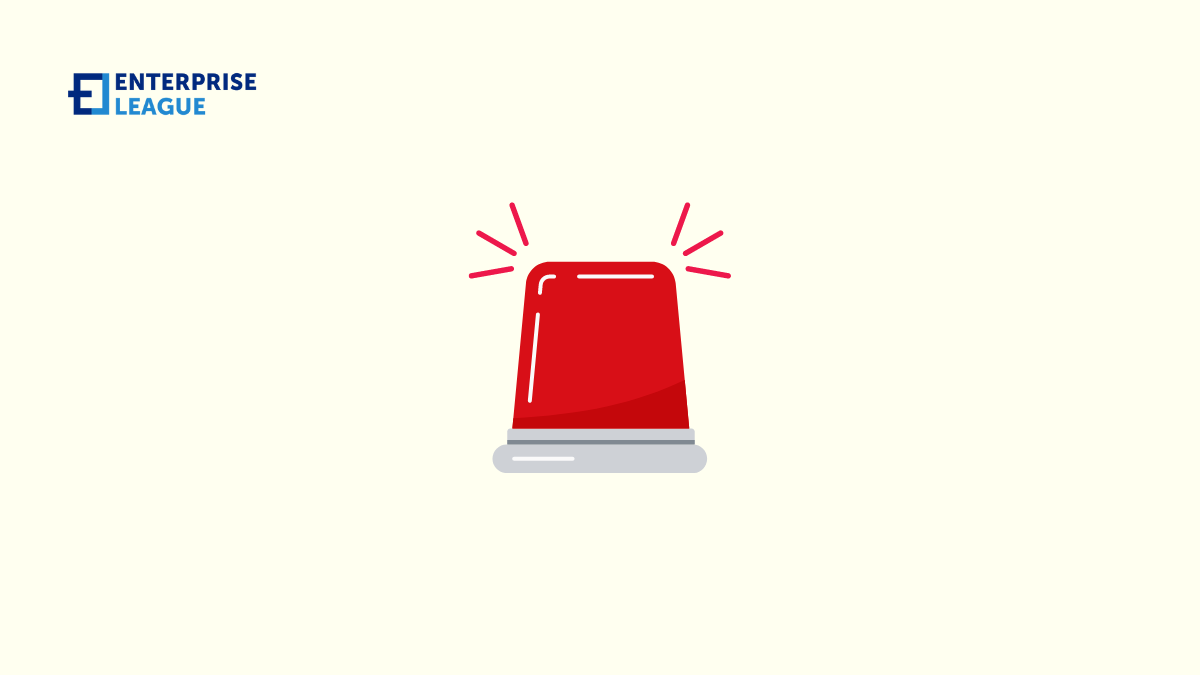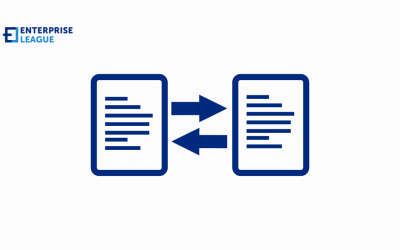Starting a business and keeping it running is not easy. There will be inevitable bumps on the road, specifically unexpected financial emergencies. These catastrophes can decimate your company and could take years to recover from if you’re able to at all.
While some financial emergencies are unavoidable, the good news is that the impact of some emergencies can be lessened with proper preparation. Even though it can be challenging to find the money to set aside for a “rainy day fund,” it’s worth it to do everything you can to protect your business.
5 financial emergencies that business owners should pay attention to
Pay attention to these financial emergencies to know how much you should set aside so that your business is protected no matter what happens.
Natural disasters
One of the financial emergencies a company should plan for is natural disasters. It could be a hurricane, tornado, wildfire, or earthquake. A natural disaster can disrupt supply chains, damage property and critical infrastructure, and cause employee absences. These consequences could pose a significant threat to the financial security of a business.
What can you do to protect your business from the financial fallout of a natural disaster? There are a few things you can do.
-
- Make sure you have adequate insurance coverage. It includes property damage, business interruption, and liability coverage.
- Review your policies regularly to ensure they are updated and cover all potential risks.
- Take out a personal loan. Many online lenders offer personal loans that can be used for various purposes, including emergency funding. Consider CreditNinja fast personal loans if you need cash quickly.
Losing a client
Losing your biggest client is one of the most challenging financial emergencies a business needs to prepare for. However, they’re crucial for company revenue and growth, and their departure can put a significant dent in your budget.
The departure of your precious client can leave your company high and dry. Imagine all future business opportunities and growth that are now in jeopardy. How can you go about this? There are a few key things you can do to help lessen the blow and protect your business.
-
- Having a diversified client base is one of the best ways to protect your business if you lose your biggest client. It means having a mix of small, medium, and large clients. If one leaves, you don’t crash because you’re not entirely dependent on them for revenue.
- Another way to protect your business is to have a strong retention strategy. It means having a system for keeping your clients happy and engaged with your company.
- Finally, you should always have an emergency fund to fall back on in unforeseen circumstances like losing a significant client. It’ll help you cover expenses and keep your business afloat until you get back.
Technology issues
Security breaches or crashed computer systems are technical issues that can dent a company’s financial performance. When companies experience technical issues, it can lead to a loss in productivity.
A drop in productivity can lead to a decrease in revenue and profit. While technology issues are out of your control, you can minimize their impact in a few ways. For one, you can develop a robust backup and recovery plan. If your primary system fails, you can quickly switch to a secondary system with little downtime.
Another thing you can do is invest in redundancies. It means having multiple systems in place so that if one fails, the others can pick up the slack. Finally, you can keep your systems up to date with the latest security patches and updates. Again, it will help reduce the chances of a technical issue happening again.
Investment failure
Another financial emergency a business should prepare for is investment failure. Investments are vital for a company because they provide the capital needed to fuel growth.
However, investments can also fail, and when they do, they can have a devastating effect on the business. When an investment fails, the business may lose money and lose the opportunity to grow.
Investment failure can happen for many reasons, including mismanagement, fraud, and market conditions. To protect your business from investment failure, it’s crucial to diversify your investments and carefully monitor the performance of your investments.
If one investment fails, you’ll have others to fall back on. Also, it’s essential to treat your investments like any other business decision. That means doing your homework and carefully considering the risks before making any decisions.
Legal issues
Legal issues are another financial emergency that can pop up unexpectedly. For example, if a company gets sued, it may spend a lot on legal fees. And this can put a strain on the company’s finances and cause them to go into debt.
What can you do to mitigate the impact of this financial emergency? Well, you can try to get insurance to cover the legal fees. You can also set aside some money every month to pay for potential legal fees.
Conclusion
Every business will undoubtedly come across some financial trouble. Thus, it’s essential to be proactive and manage your finances effectively to keep your business afloat during tough times.
More must-read stories from Enterprise League:
- Find out what are the 10 rules for success according to Jack Ma.
- Get prepared, there is the cost of doing business you definitely didn’t think about.
- 5 proven tips on how to overcome professional ghosting easily.
- Tried and true tips to help you with your business plan if you are starting a metal fabrication business.
- Find out how having age diversity in the workplace can improve your business.
Related Articles
PDFs and the debate between tradition and innovation
Curious about the future of PDF? Learn about its integration with new technologies and explore some practical PDF tips to leverage all the power of this format!
The 10 Ds of entrepreneurship: Why are they important?
Are you familiar with the 10 Ds of entrepreneurship? Let’s see if you possess some or all of them that will launch you for success.
Optimizing performance and reliability in managed file transfer systems
Optimizing the performance and reliability of MFT systems is a continuous process that requires attention to infrastructure, software and strategic processes.
PDFs and the debate between tradition and innovation
Curious about the future of PDF? Learn about its integration with new technologies and explore some practical PDF tips to leverage all the power of this format!
The 10 Ds of entrepreneurship: Why are they important?
Are you familiar with the 10 Ds of entrepreneurship? Let’s see if you possess some or all of them that will launch you for success.






